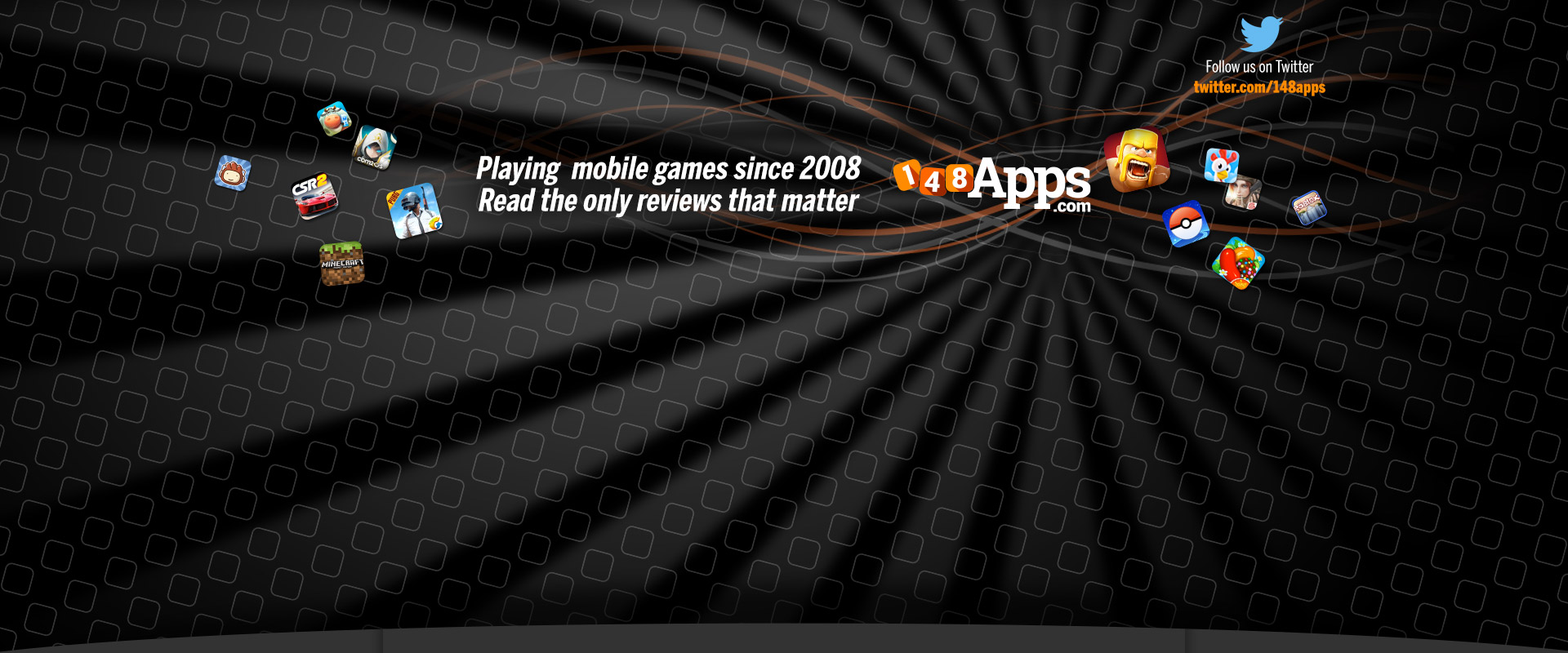
The indie game development scene has been around for
an incredibly long time; pretty much ever since people had the opportunity to program for themselves. However it wasn’t until shareware became a common method of distribution the 90s that it began to catch the notice of the masses, and even so, it took another decade to really take off. Throughout all of that there have been a number of successes and failures, as it is with most games regardless of their budgets or marketing strategies. No one remembers the duds, of which there are always many, but people tend not to forget games like
Minecraft or
Fez.
Microsoft even got in on the action when they made their Xbox Live XNA Game studio available. It wasn’t until 2008 that they brought Xbox Live Community Games (later dubbed Xbox Live Indie Games, or “XBLIG” for short) to Live users across the globe, but it created an environment full of possibilities for fledgling developers as well as people who wanted to get their games noticed. And now, five years later, a number of these developers have been making their way to the App Store. But why are they shifting their focus away from XNA development and on to iOS? We wanted to know. Luckily, Luke Schneider (Founder of Radiangames - Bombcats, Ballistic SE, Fireball SE, Gobs of Fun, Slydris, Inferno+, Super Crossfire, Super Crossfire HD), Jesse Chounard (code monkey for Third Party Ninjas - Happy Piggy!, Hypership Out of Control), Mike Oliphant (Founder of Nostatic Software - Sokoban for Beginners, Kung Fu FIGHT!, Quiet, Please!, Quiet Christmas, Ascent of Kings), Nick Mudry (Co-founder and CEO of Play Nimbus - Ball 2 Box, Wobbles), Andy Gibson (Art Director at Team Pesky - Little Acorns), and Martin Caine (Founder, lead programmer, producer, and director for Retroburn Game Studios - Accelerate, Positron) were willing to share their thoughts on the matter.
Exodus

One theory behind this new focus on mobile devices is that iOS’ treatment of indies is a bit more welcoming. Not to say that Microsoft is terrible or that Apple is perfect, but there have been quite a few stories of Xbox Live Indie Game headaches.

Luke Schneider/Radiangames
"I felt like I was always fighting against the grain when Radiangames was focused on XBLIG," said Luke Schneider on the shift away from XNA development. "I wanted to try to reach a broader audience and find more success. Though really it hasn't been significantly different in terms of success on iOS."
It was more a case of seeing the writing on the wall for Jesse Chounard from Third Party Ninjas. Once Windows Phone 7 came out it seemed as though Microsoft forgot all about their indie developers. "XBLIG developers actually lost access to some important features," he said. "When the phone failed to gain traction, it seemed like the blame was placed on XNA."
Nick Mudry and Play Nimbus came to a similar conclusion once the impending "death" of Microsoft’s service was announced. "We also moved away from XBLIG and to iOS because we were unable to develop with XNA for iOS," he said
In this particular case, the discovery of Unity is what ended up tipping their hand. "We stepped up and started redesigning our game's prototype," said Mudry, "and it was done 10 times quicker compared to XBLIG/XNA."

Jesse Chounard/Third Party Ninjas
Not everyone simply jumped ship from one platform to the other, however. Mike Oliphant opted to stick around the XBLIG scene while expanding Nostatic Software's reach to other platforms at the same time. "Last year I ported my game engine so that it also runs on top of Unity," he said. "This gave me the ability to target iOS and Android as well."
A smart idea that has the potential for a lot more exposure, although it also means more work to create all those ports, though he admits that more platforms ultimately means more users.
Martin Caine of Retroburn Game Studios was initially drawn to XNA because of the development tools and allure of the Xbox 360 hardware support, but it didn't seem like he would get a whole lot of publicity on the platform. "I had heard of the limited exposure and low download figures," he said. "I'm now just focusing on getting one game released but plan to release it across many platforms including iOS and XBLIG."
Andy Gibson and Team Pesky actually did things the other way around when they prototyped Little Acorns on XNA, then ended up developing it for iOS once the basic framework was in place. After a few iterations the team brought the squirrel-themed platformer back to Xbox Live.
"Personally, I was really pleased to get Little Acorns out on XBLIG," Gibson said. "The game feels great, has a good level of polish and an added split-screen co-op mode to celebrate Mr. Nibbles making it home."












